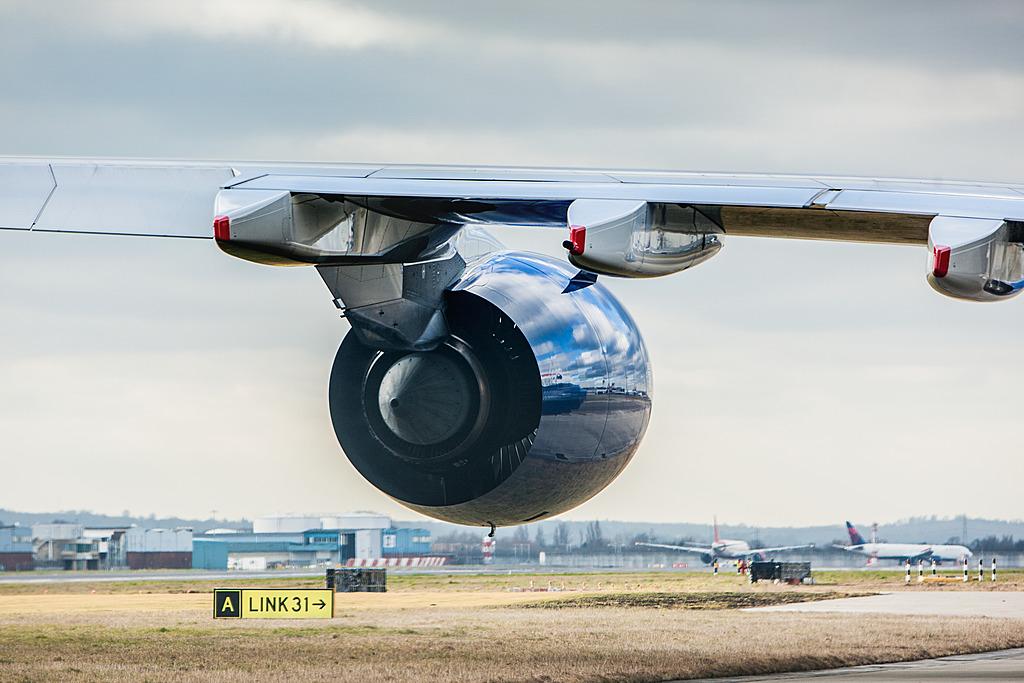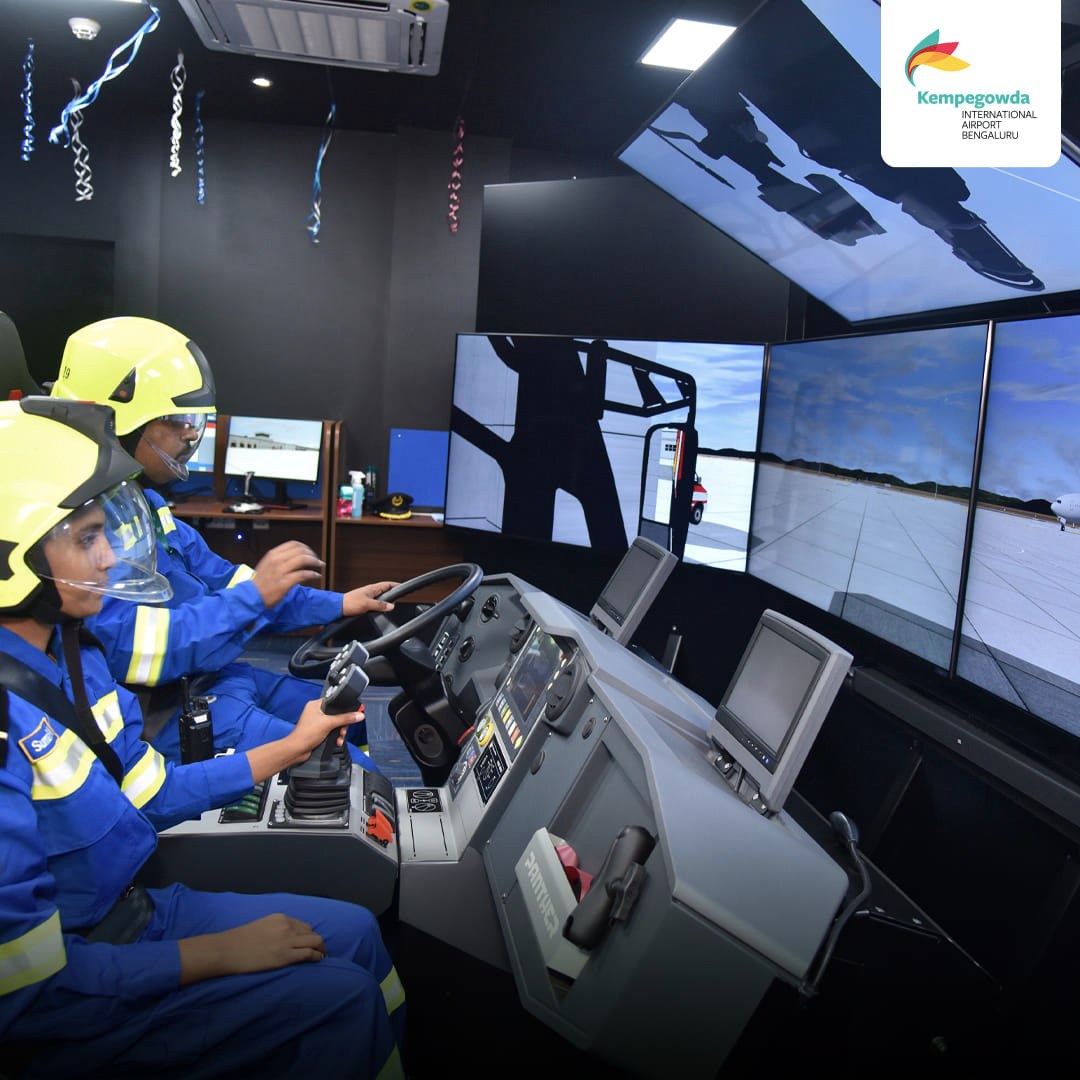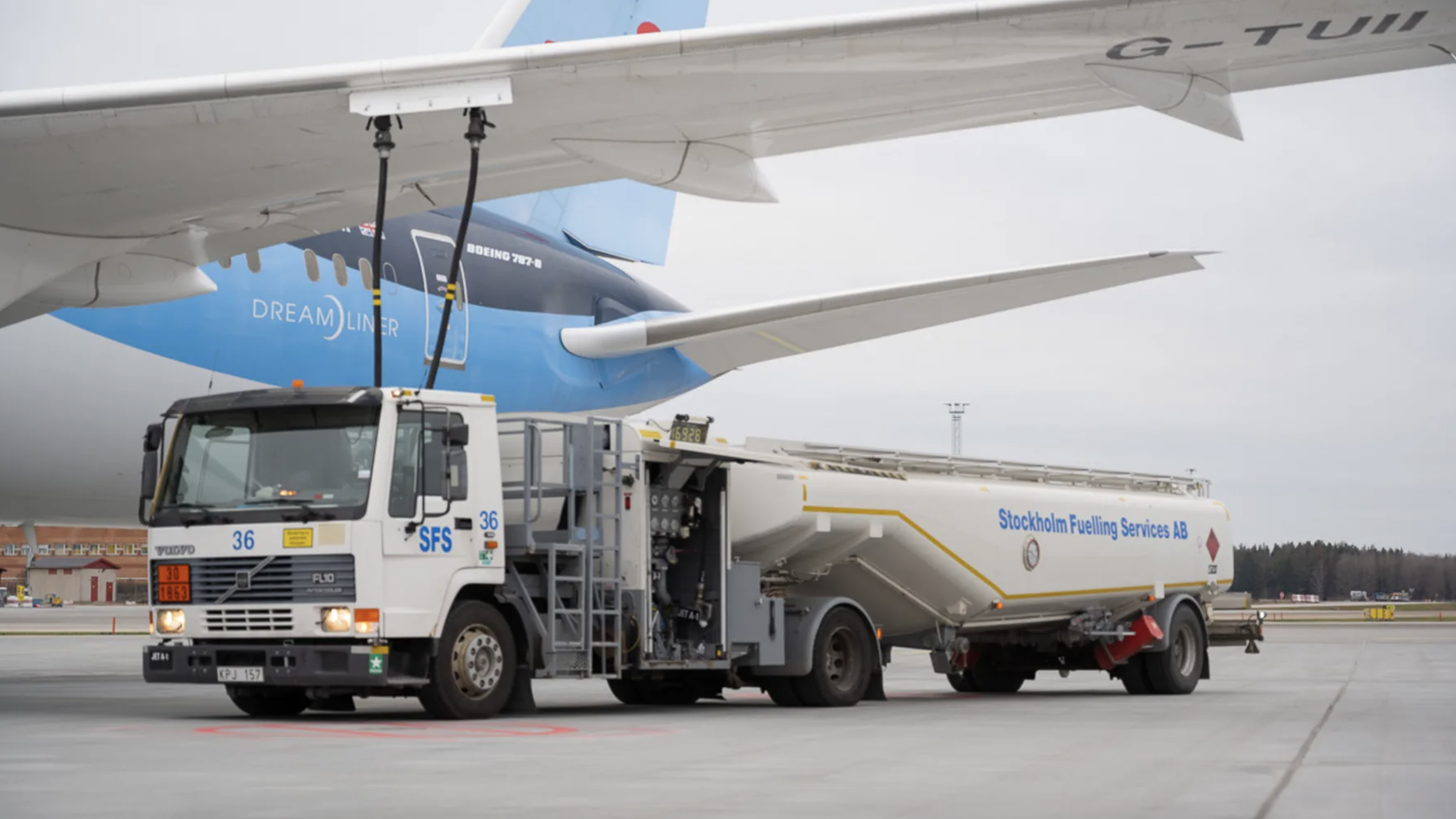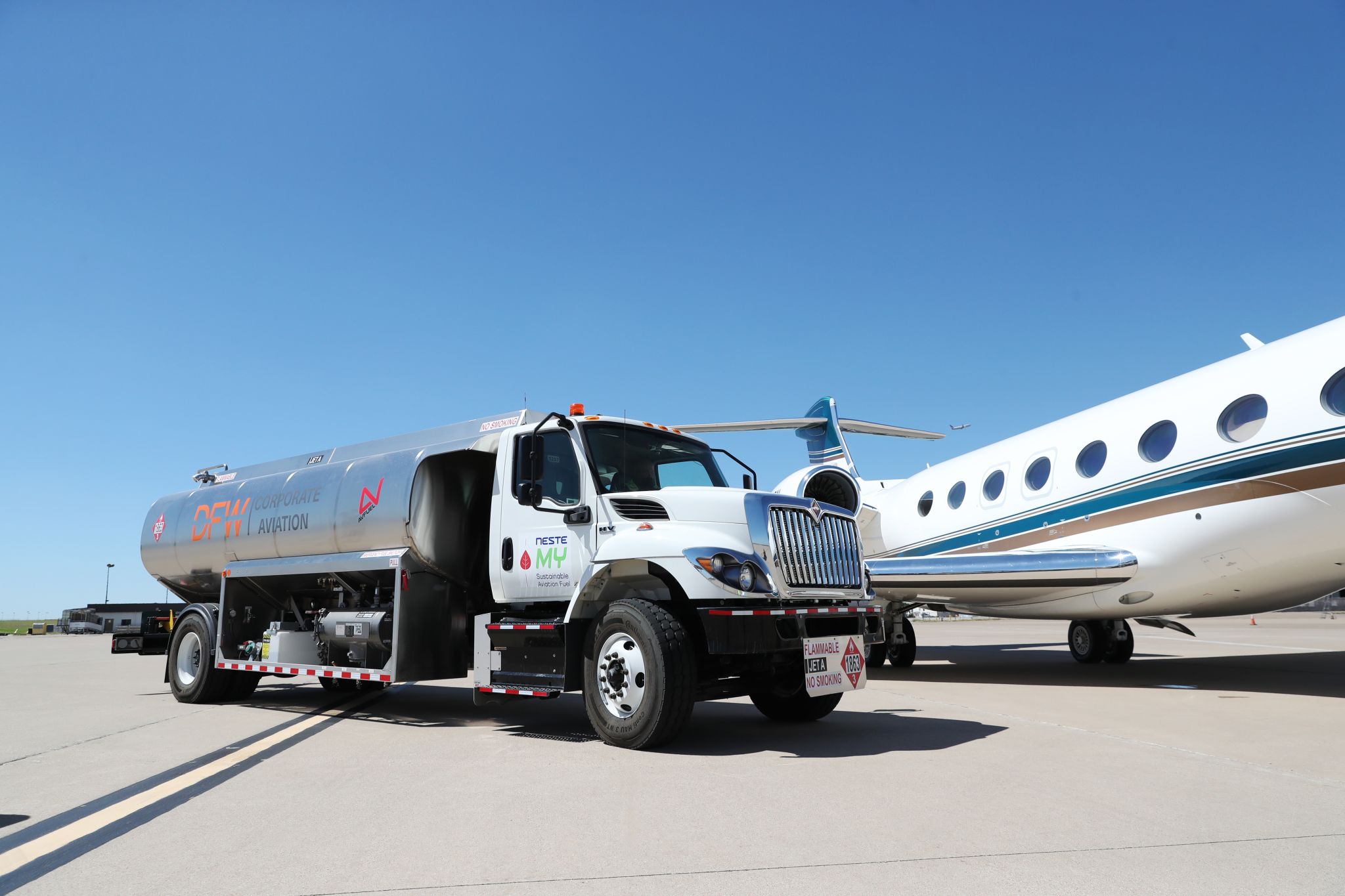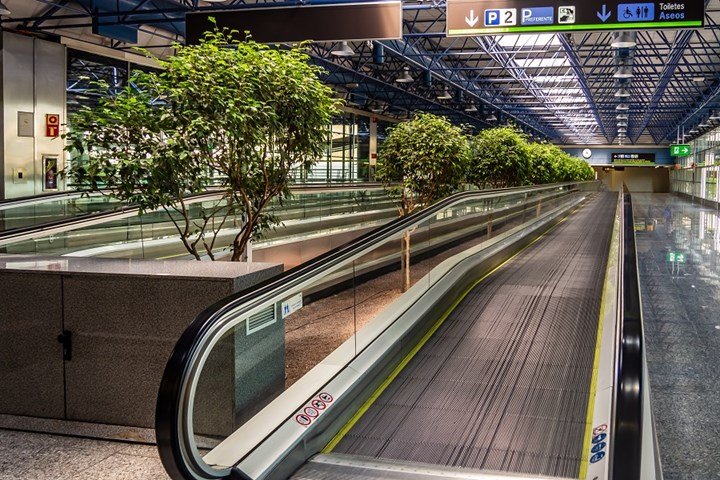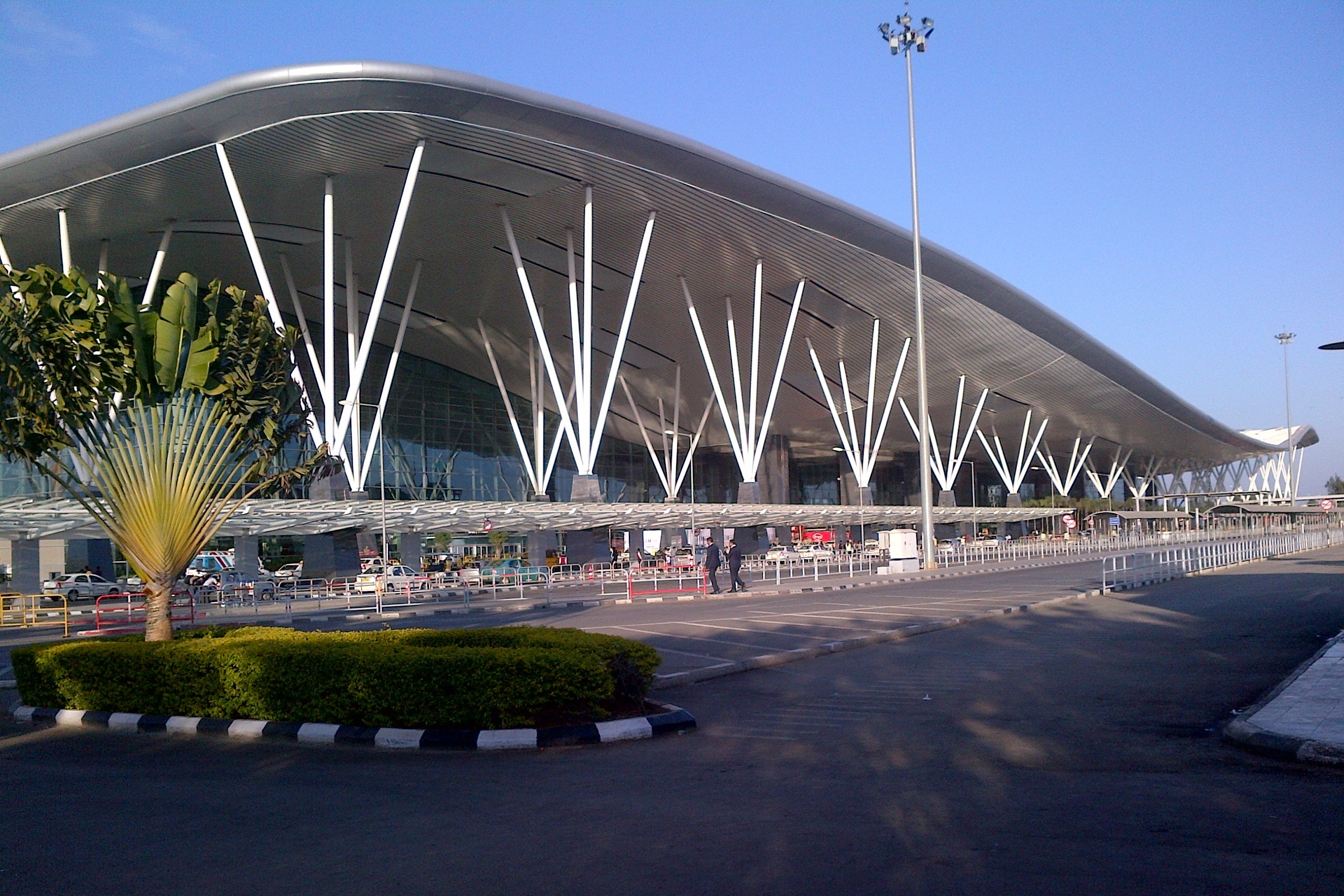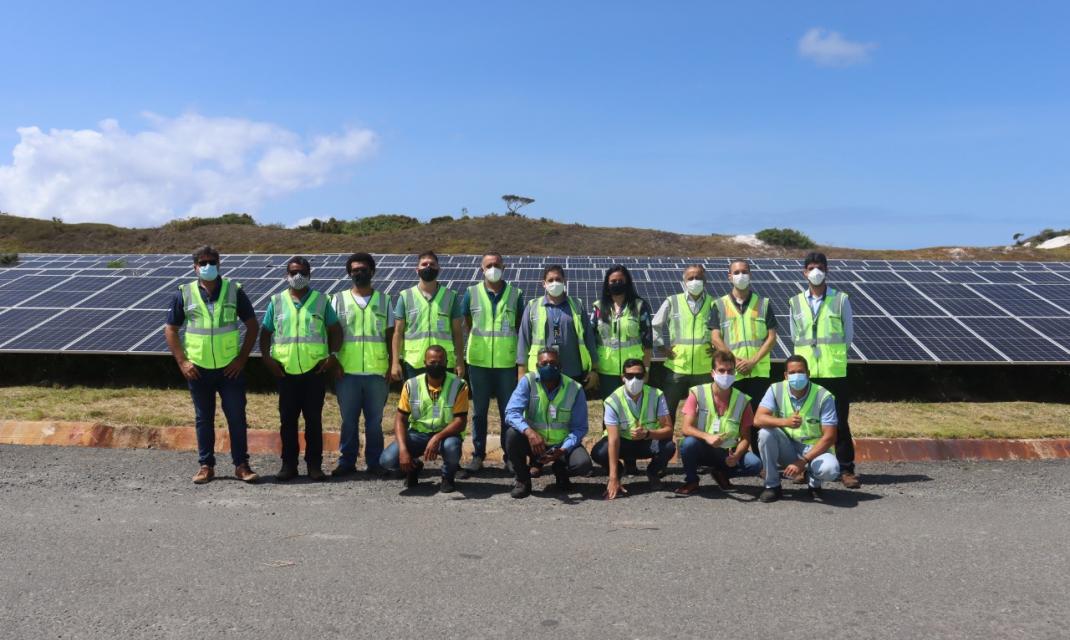Delhi’s Indira Gandhi International Airport (DEL) to Become ‘Net Zero Carbon Emission Airport’ by 2030
- Became the first Carbon Neutral Airport in Asia Pacific region in 2016
- 1st airport in Asia Pacific Region to achieve Level 4+ Accreditation under ACI’s Airport Carbon Accreditation
- Took various proactive initiatives towards environment management and sustainability
Delhi’s Indira Gandhi International Airport (IGIA), operated by Delhi International Airport Limited (DIAL) – a GMR-led consortium, is set to become Net Zero Carbon Emission Airport by 2030, much ahead of the IPCC’s 2050 target adopted by all major industries all over the world. Mr. Videh Kumar Jaipuriar, CEO-DIAL announced this in a video message displayed by Airport Council International (ACI) in an event during COP26, titled, “Delivering the Net Zero Airport of the Future”.
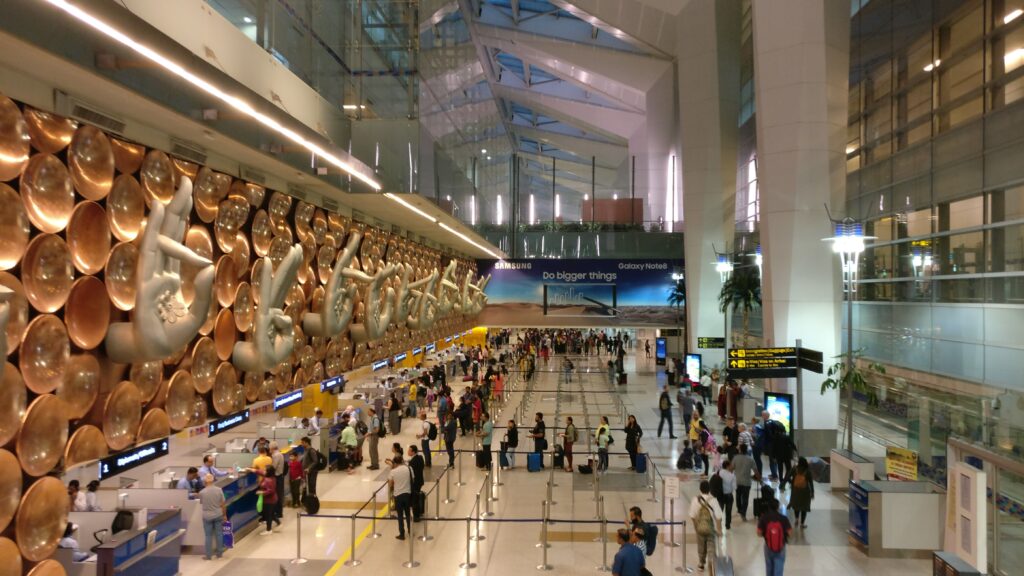
Olivier Jankovec, Director General of ACI EUROPE, displayed the video in a session at the COP26 Action Hub in Glasgow on November 10, 2021. The session, organised jointly by ACI EUROPE and ACI World, showcase the vision and progress of IGIA towards Net Zero carbon emissions (making changes to reduce carbon emissions to the lowest amount – and offsetting as a last resort).
DIAL is committed to run its business in environment-friendly and sustainable manner by minimizing adverse impact of its activities on the environment with necessary pollution control systems and safeguards. It has implemented various programmes at the airport such as use of renewable energy, development of green airport infrastructures and multiple passenger connectivity networks, energy conservation & efficiency improvements and stakeholder partnership programs etc.
Its energy efficient and environment friendly infrastructure includes electric vehicle charging facility, state-of-the-art Sewage Treatment Plant (STP) and Water Treatment Plant (WTP), energy efficient lighting systems, advanced fuel hydrant systems etc.
In addition to this, DIAL has also taken several technologically advanced measures such as adoption of electric vehicles and Taxibots. Taxibot (a semi-robotic vehicle, and is used as a means of taxiing the plane to the runway) at IGIA was introduced in 2019 for commercial operation and is the first airport in the world to take up this initiative. It has resulted in reduction of significant amount of aviation turbine fuel consumption by aircraft for ground movement.
Mr. Videh Kumar Jaipuriar, CEO, DIAL, said:At Delhi Airport, we are on a strong environment progress journey and we are confident to become “net zero carbon emission” airport by 2030, following the Airport Carbon Accreditation guidelines. Towards this direction, we have initiated various environmentally sustainable programmes, such as introduction of TaxiBot, adoption of electric vehicles etc. Achievement of the Level 4+ accreditation last year after getting Carbon Neutral Airport status in 2016 affirm our constant efforts towards sustainability and greener future. We will continue to develop best in the class infrastructure and provide services using innovative and sustainable technologies.
Carbon neutral refers to a policy of not increasing carbon emissions and of achieving carbon reduction through offsets.
IGIA became Asia Pacific’s first Level 4+ (Transition) accredited airport under ACI’s Airport Carbon Accreditation program last year. It was announced by ACI during the ACI EUROPE Annual Assembly & Congress. Airport Carbon Accreditation is the global standard for carbon management in the airport industry. It aims to encourage and enable airports and its stakeholders to implement best practices in Greenhouse Gas (GHG) management and achieve emission reductions.
This article was originally published by Delhi Airport.



